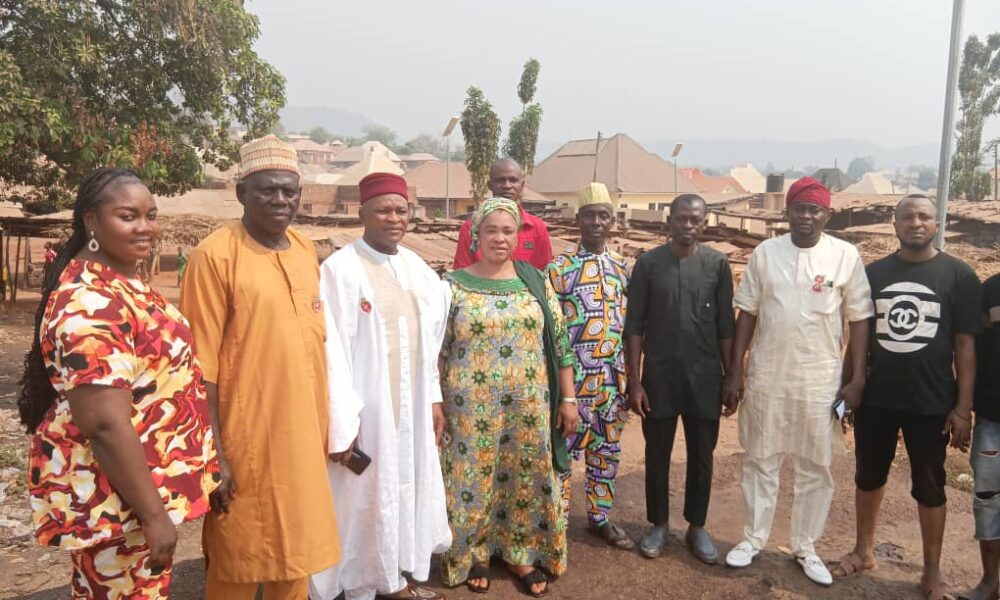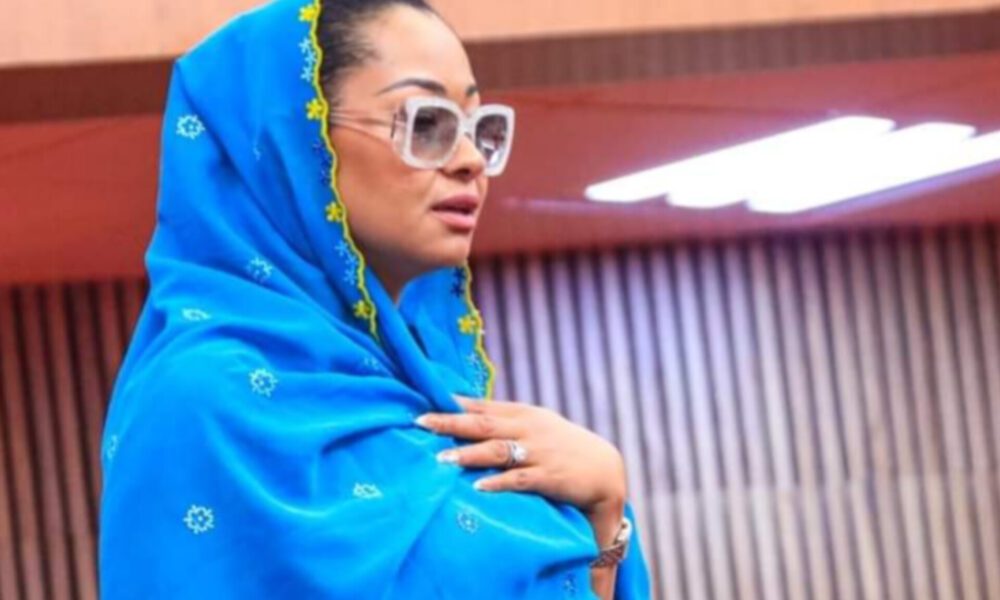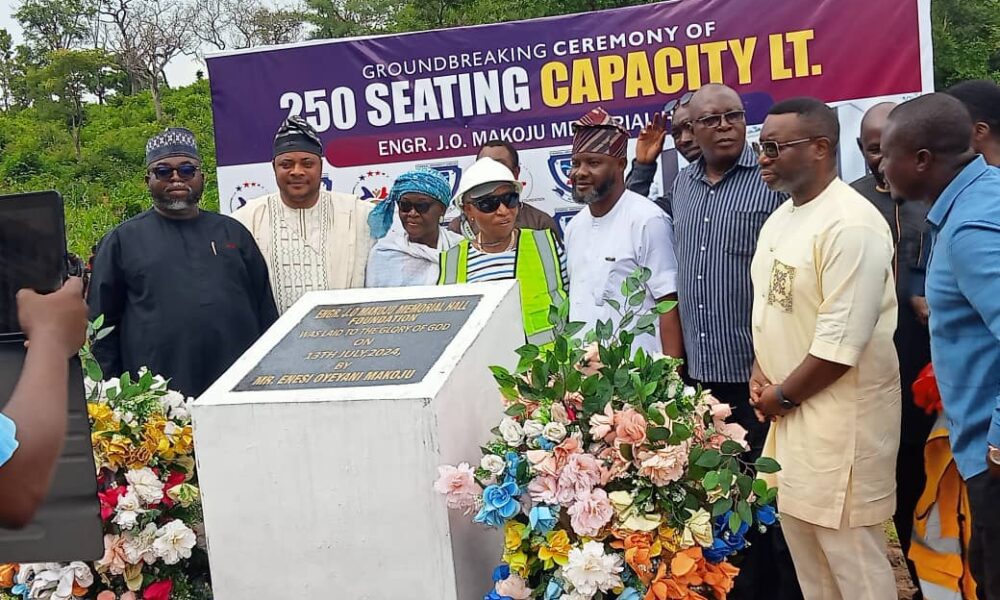***Calls for Immediate Safety Reforms
The Senator representing Kogi East in the National Assembly, Jibrin Isah Echocho has sent a message of condolence to the families affected by the recent boat mishap on the River Niger.
The boat incident had claimed the lives of many market women traveling from the state to neighboring Niger State.
In a statement personally signed by the senator, Echocho conveyed profound sympathy, urging the bereaved to find solace in the face of the devastating tragedy.
He offered prayers for the peaceful repose of the deceased and comfort for the grieving families.

The accident, confirmed by the National Inland Waterways Authority (NIWA), occurred along the Dambo-Ebuchi corridor of the River Niger, a major commercial route.
While investigations are ongoing to determine the cause, the tragedy has intensified concerns about waterway transportation safety in the region.
Senator Echocho expressed alarm over the frequency of such incidents, stressing the urgent need for comprehensive safety measures.
“The waterway connecting Kogi and Niger states has become perilous. Authorities must act swiftly to implement stringent safety protocols to prevent further loss of lives,” he urged.
He called on the government to prioritize the safety of those who depend on water transport, advocating for better infrastructure, stricter regulations, and more effective enforcement of safety standards.
Echocho also assured the victims’ families that the Kogi State government, in collaboration with federal agencies, would provide necessary support to those affected.
He emphasized the importance of community and government cooperation in helping the victims heal and rebuild.
The senator’s message comes as Kogi State continues to mourn the loss of lives, with citizens and leaders offering solidarity and support to the affected families.
The Kogi State government has pledged to assist the victims’ families and to work closely with relevant federal bodies to enhance water transport safety, ensuring that such a tragedy does not occur again.
This incident has reignited national calls for urgent reforms in Nigeria’s waterway safety regulations, as communities demand action to prevent future disasters.




